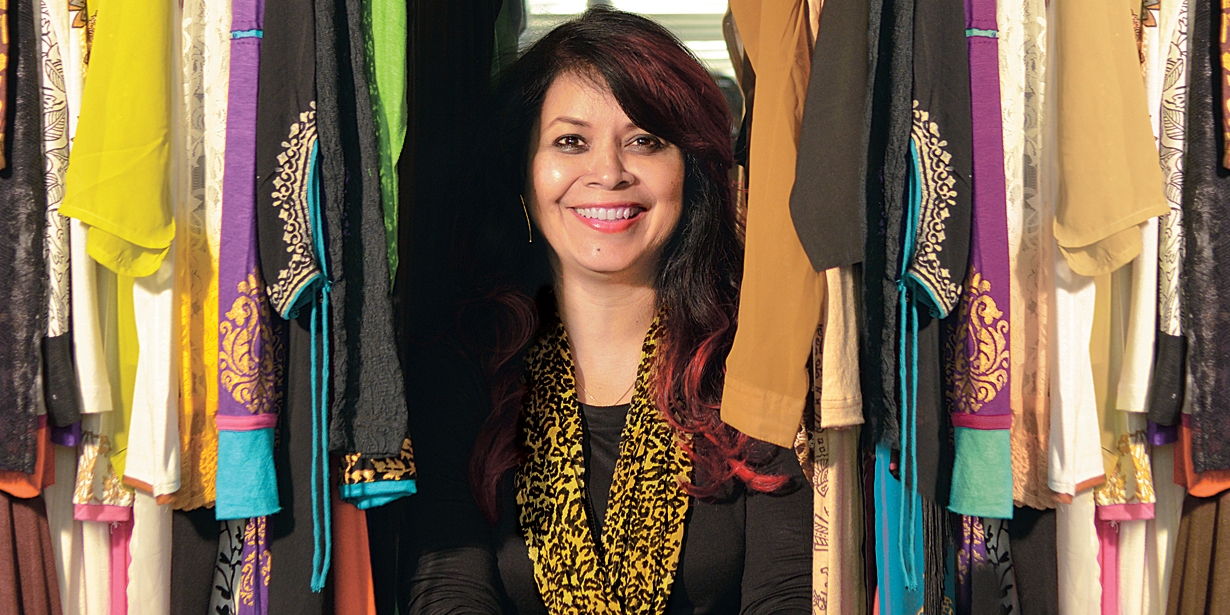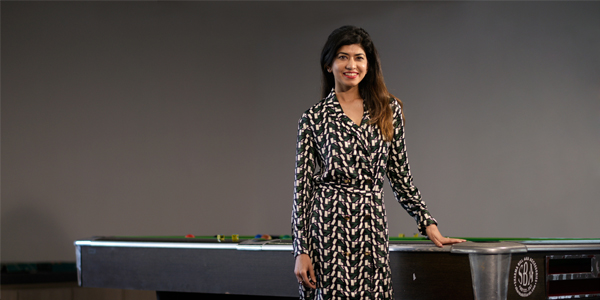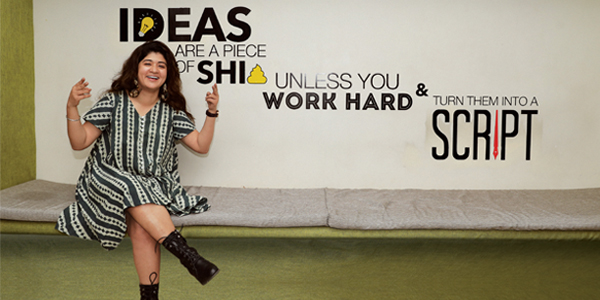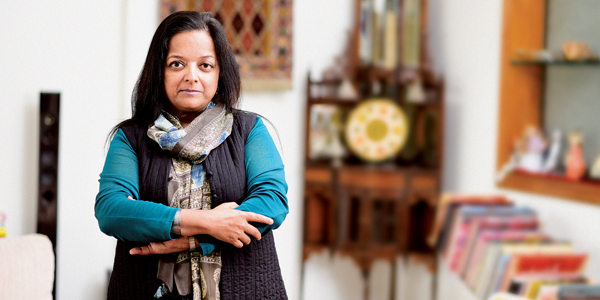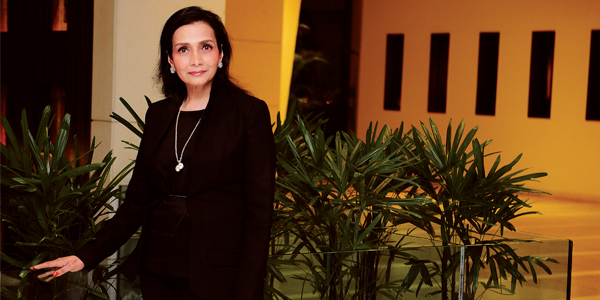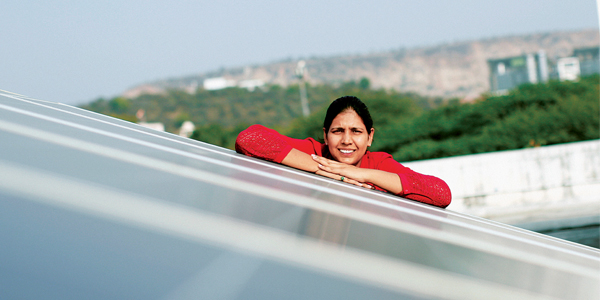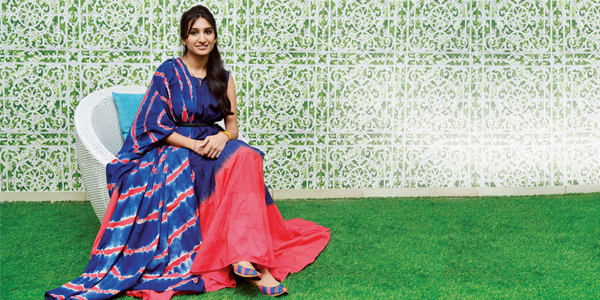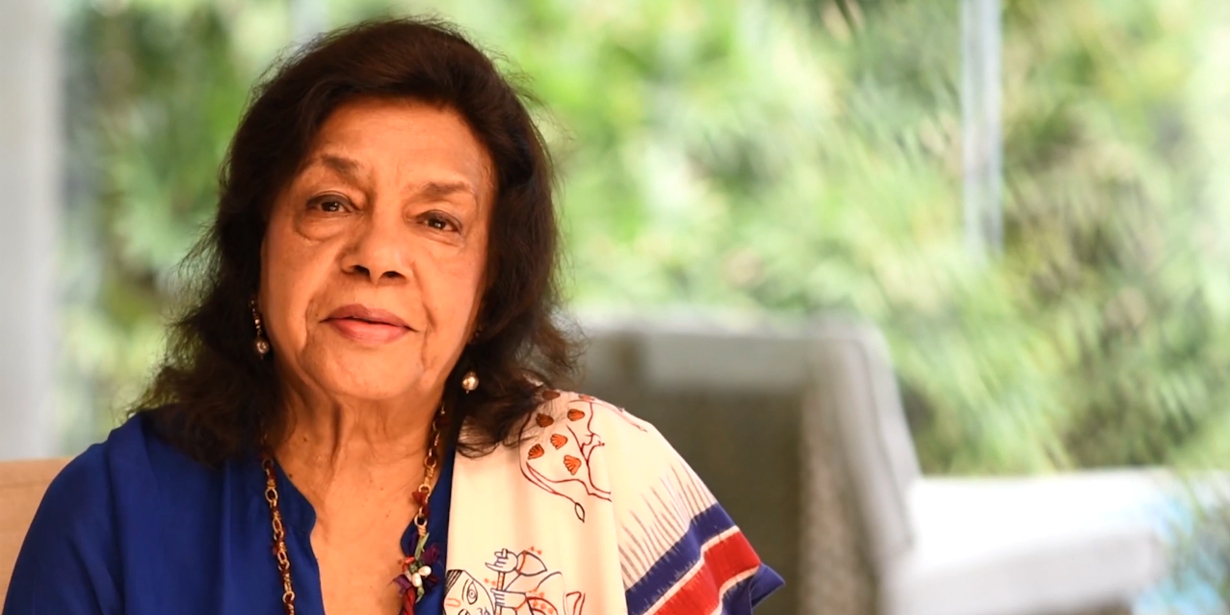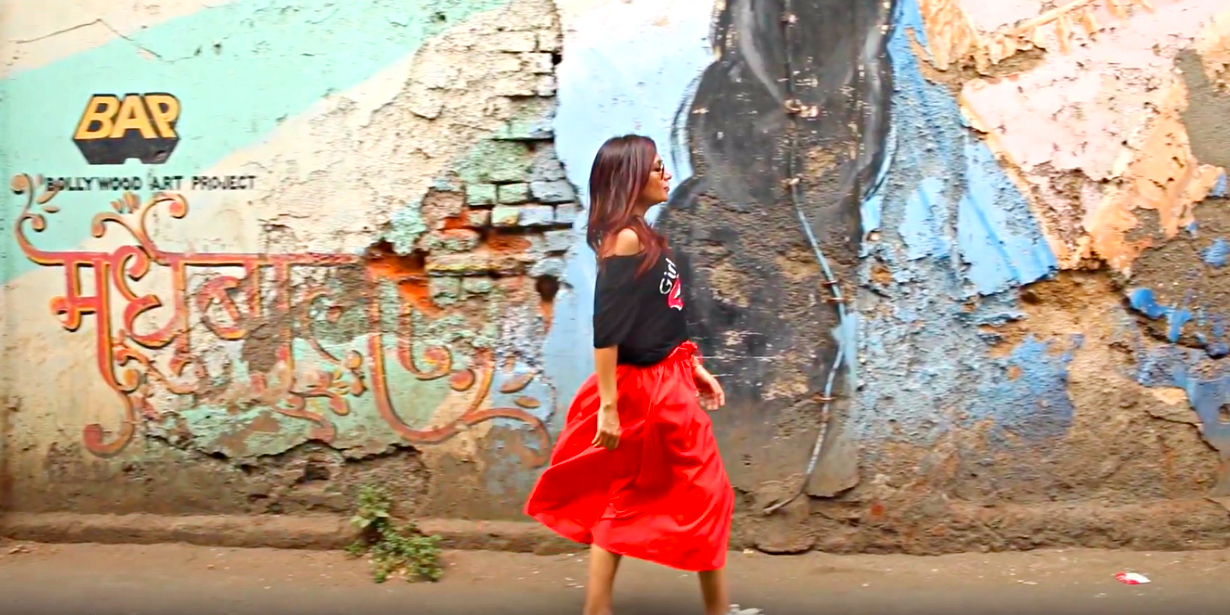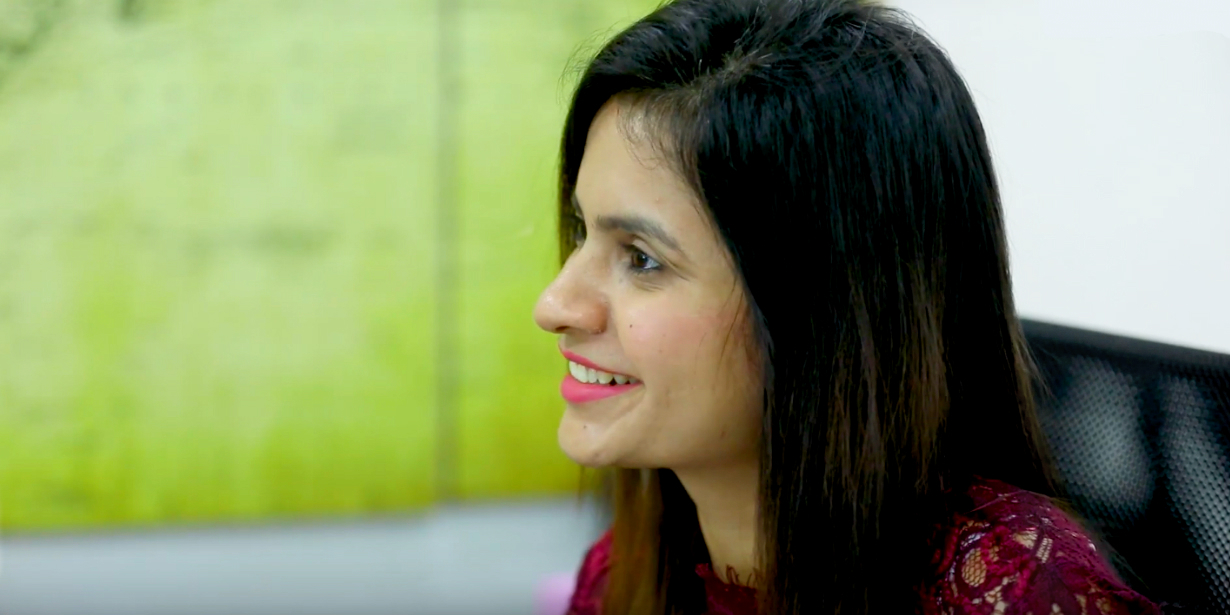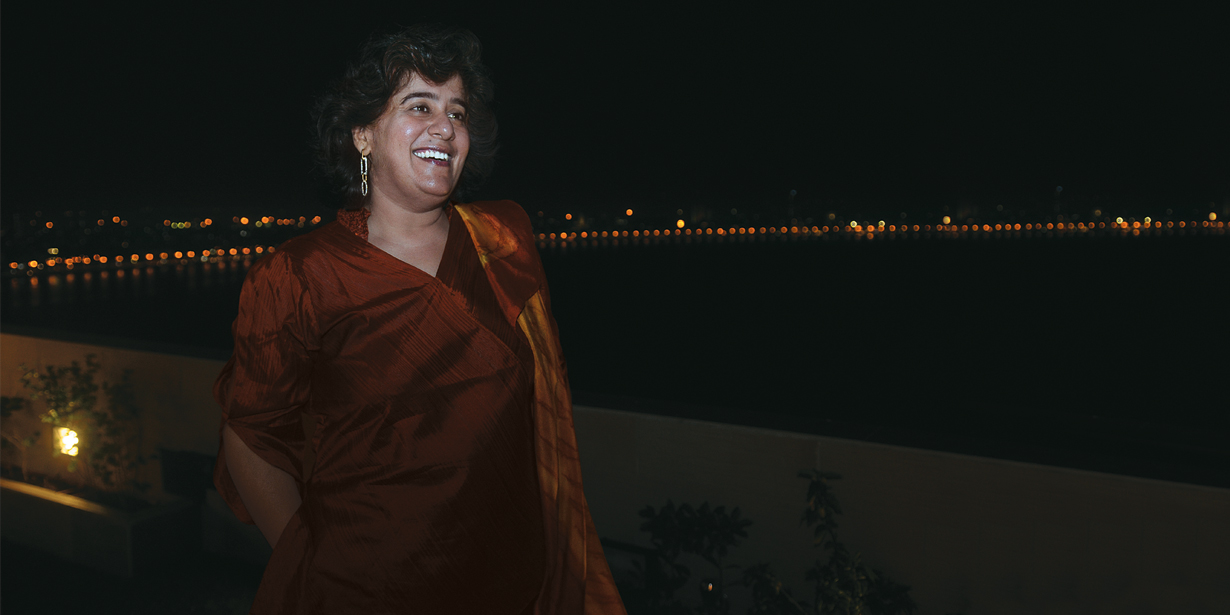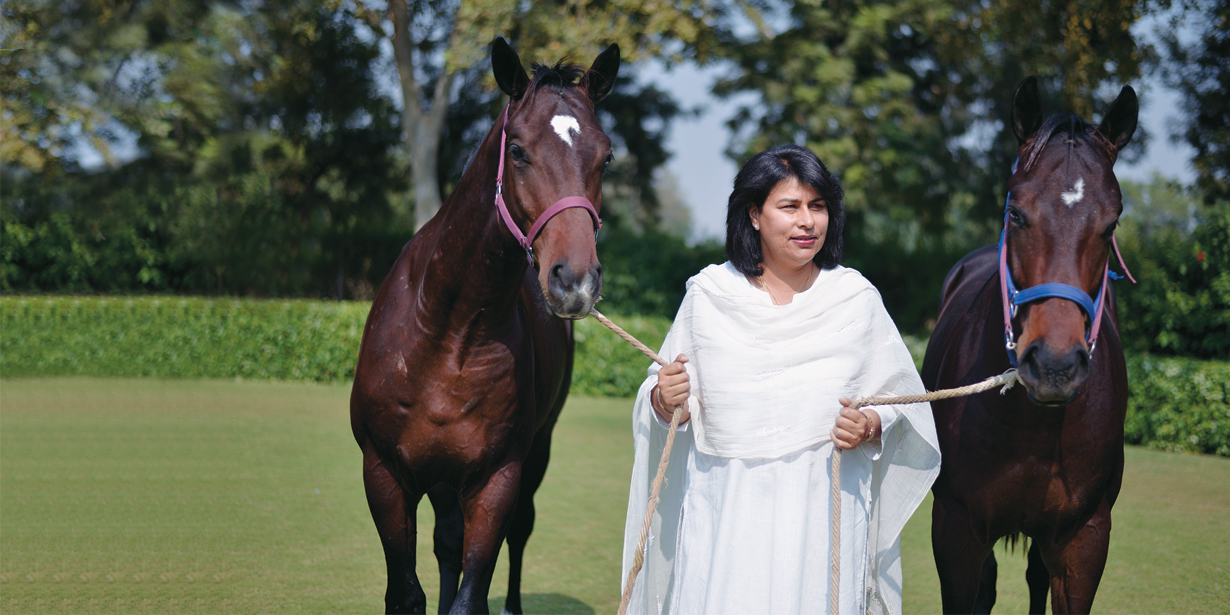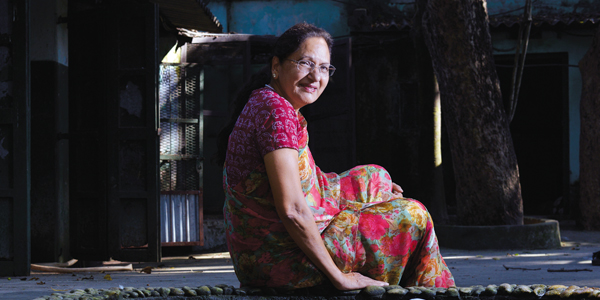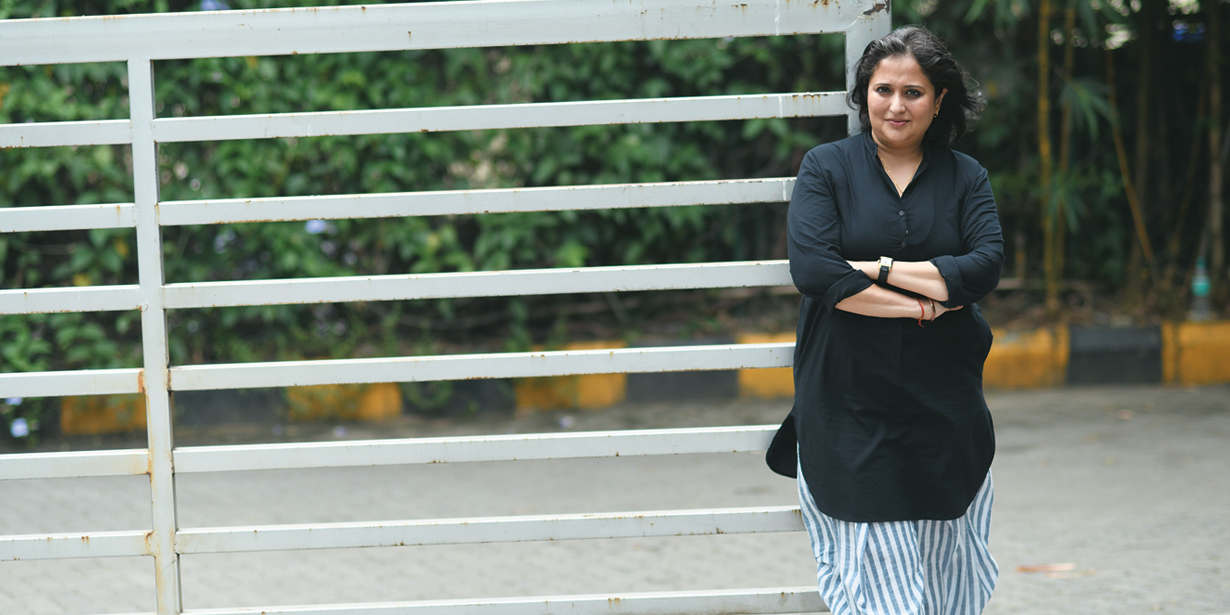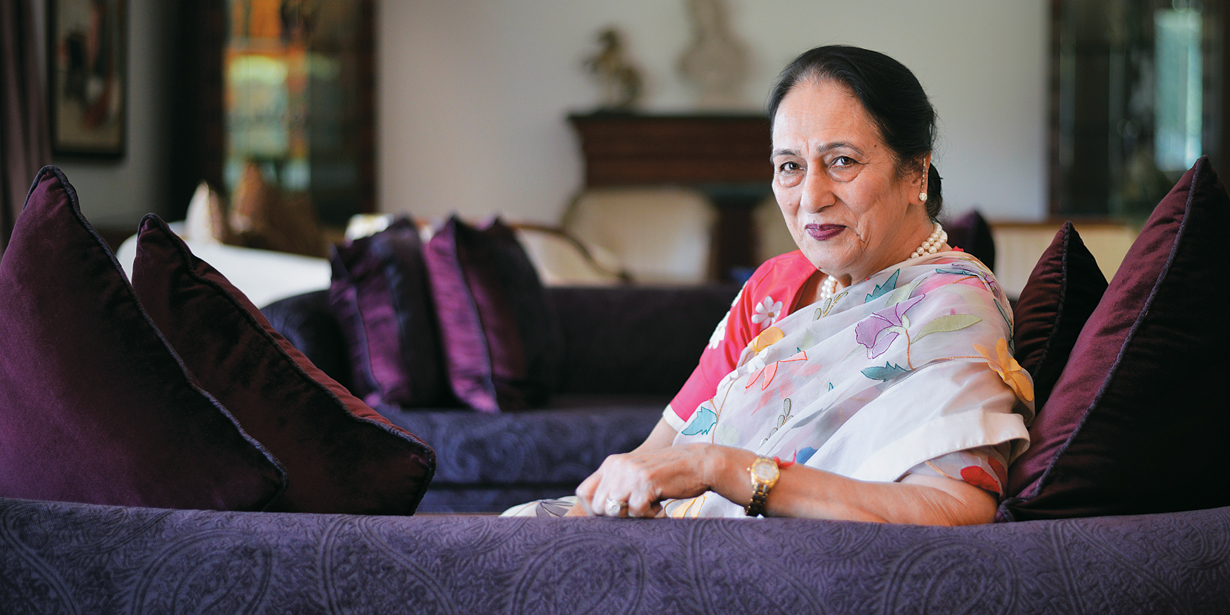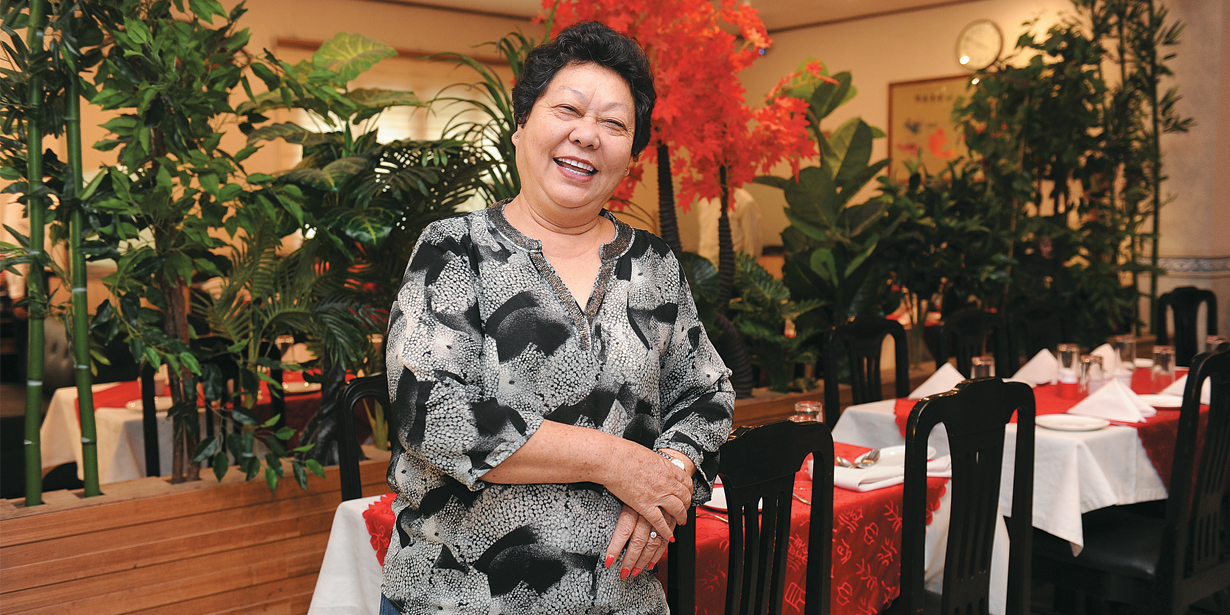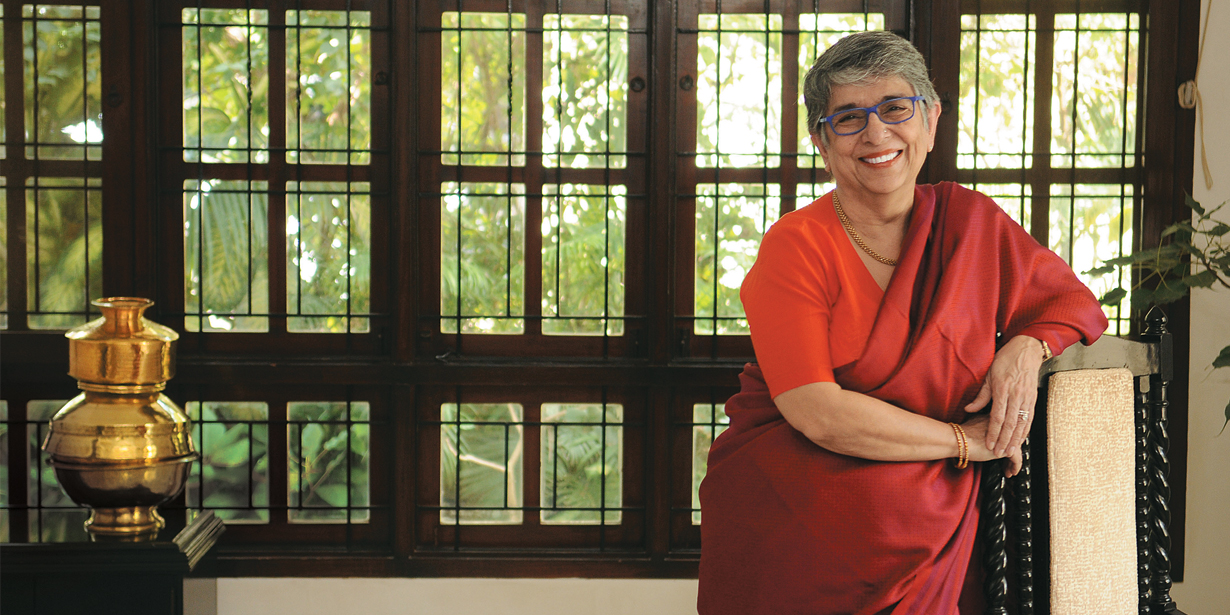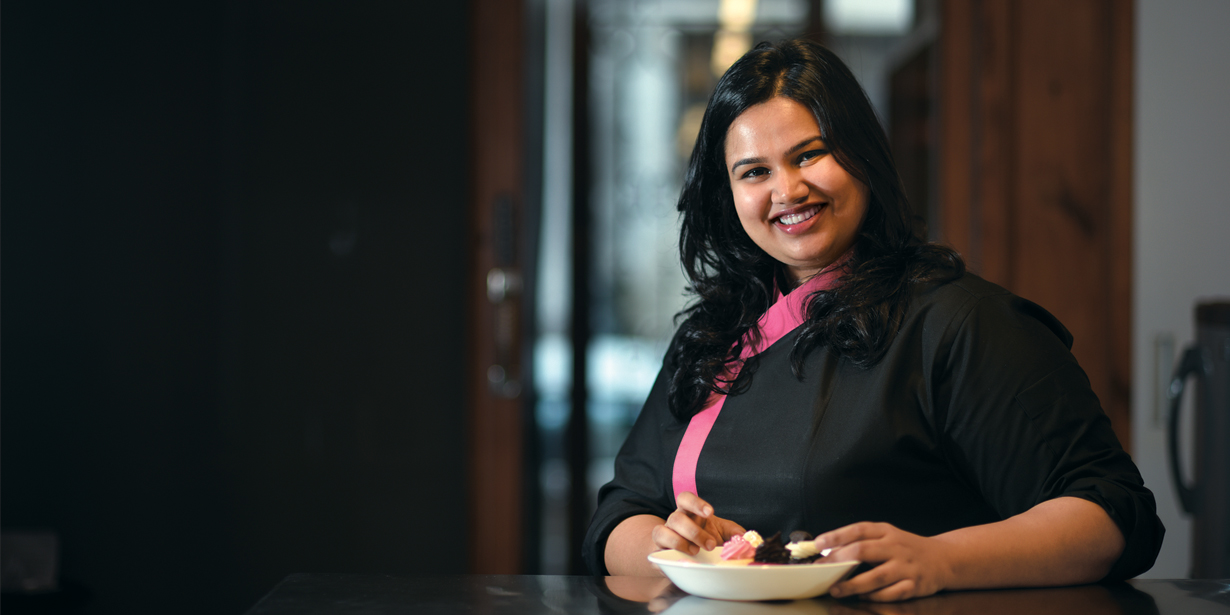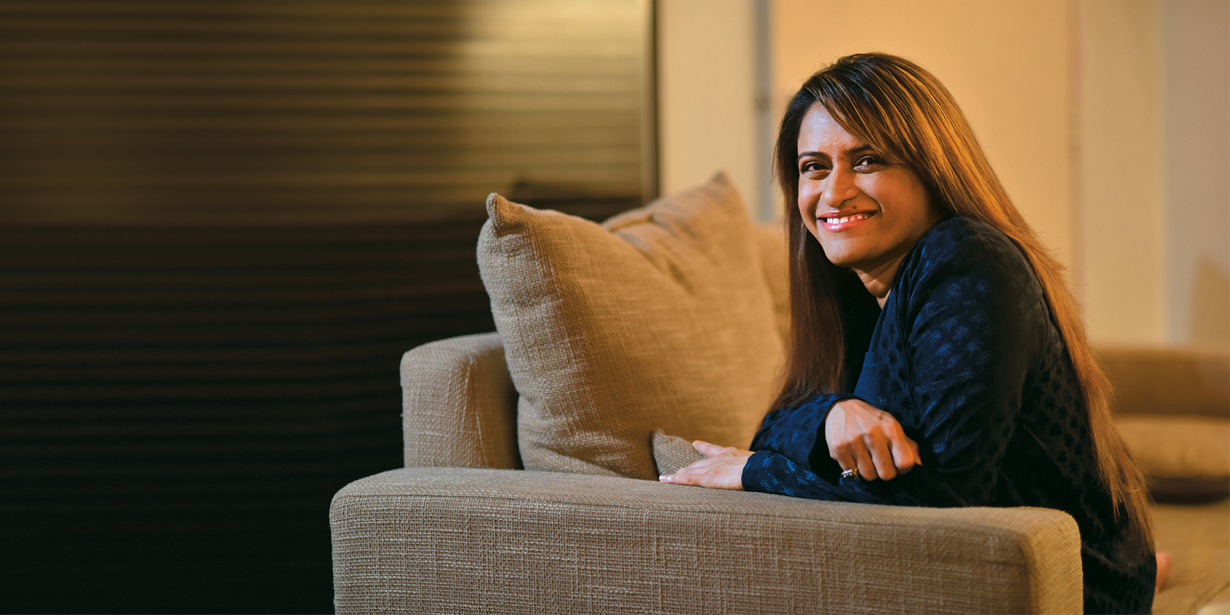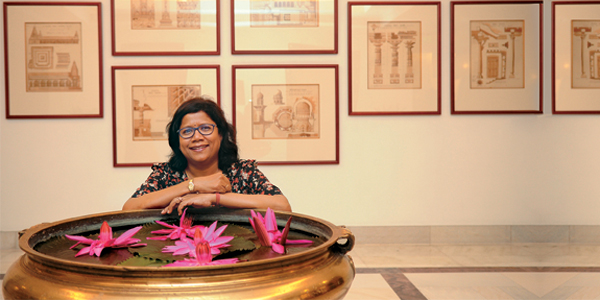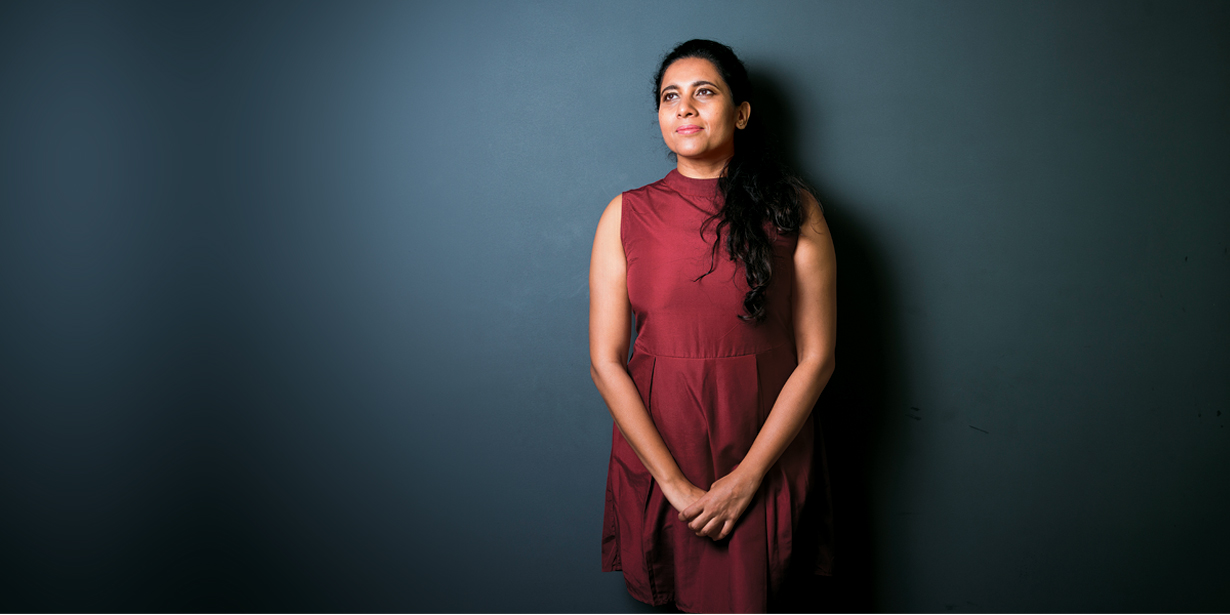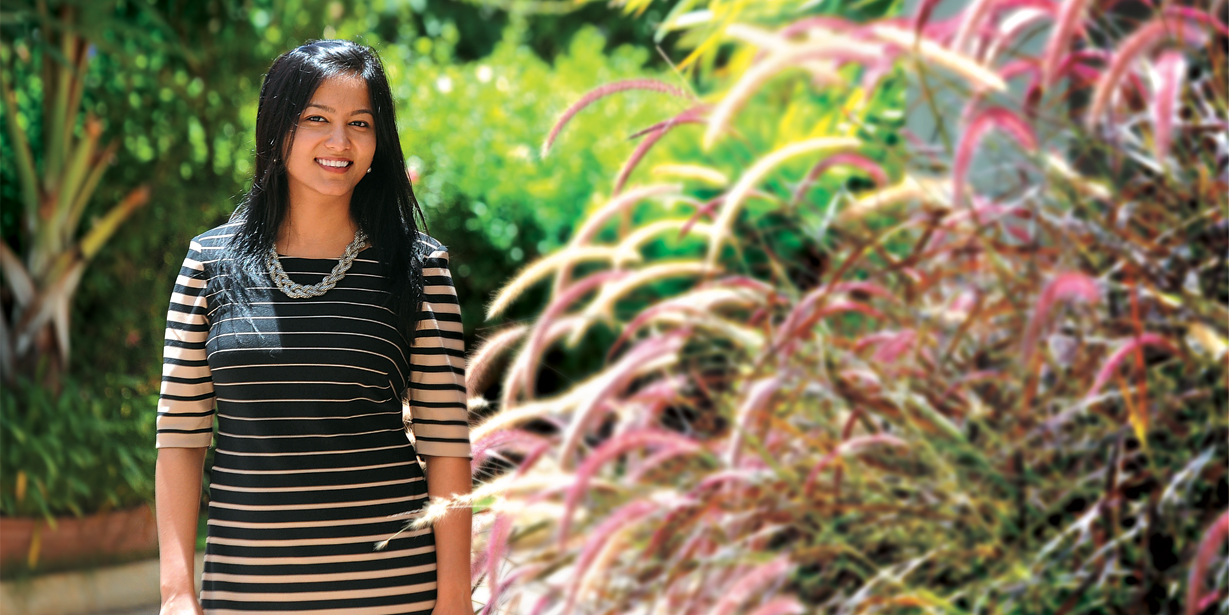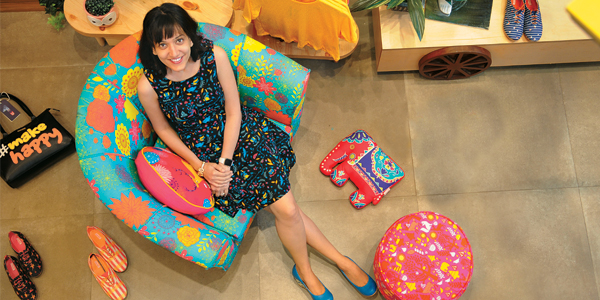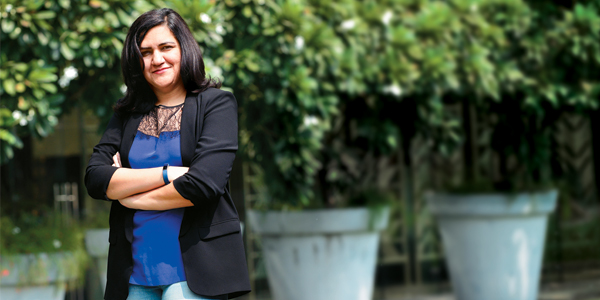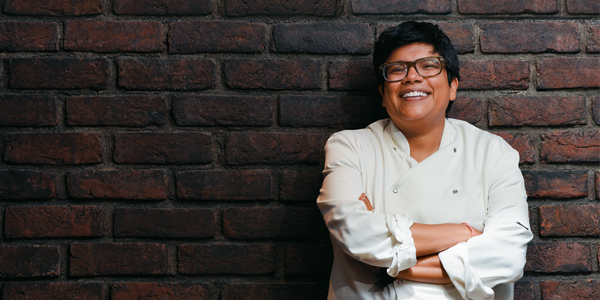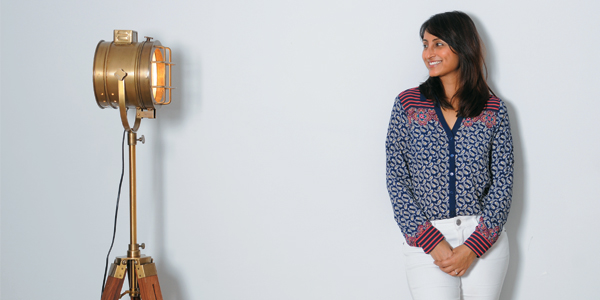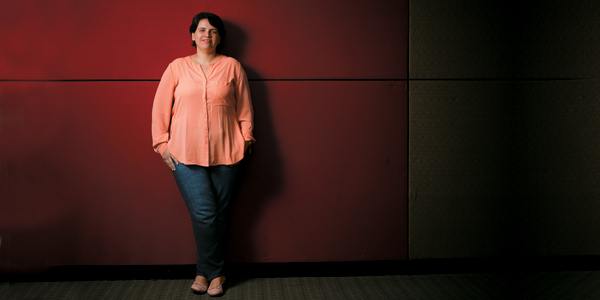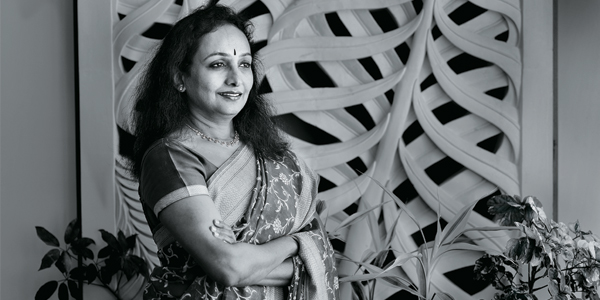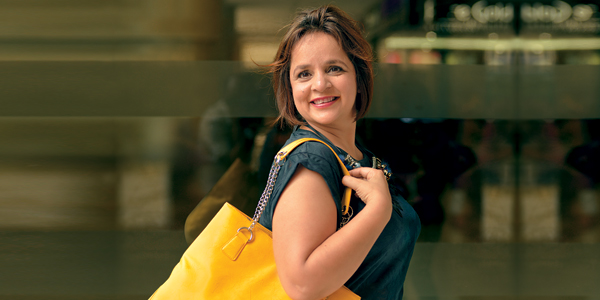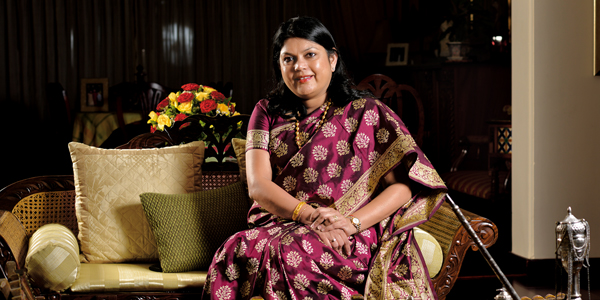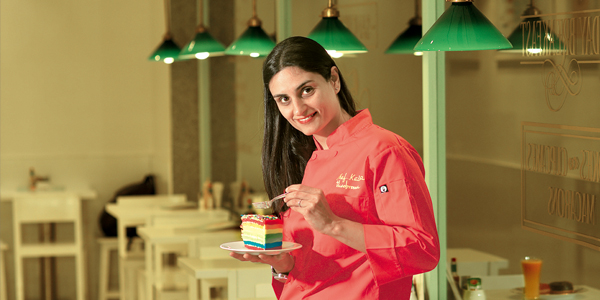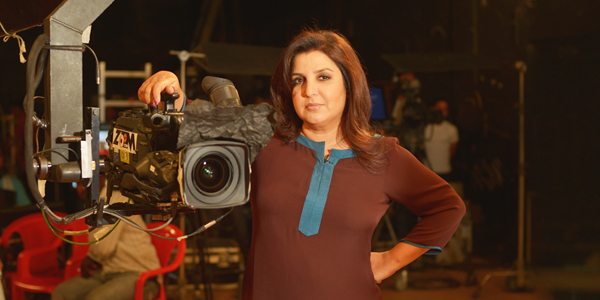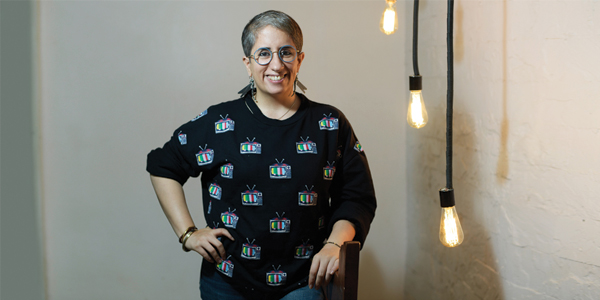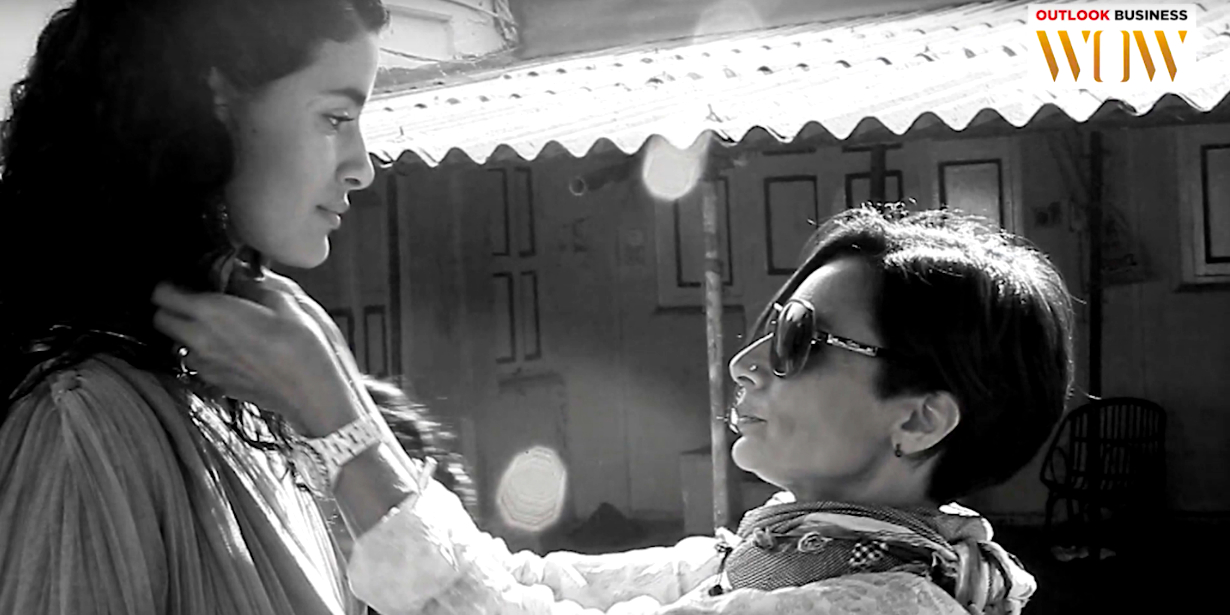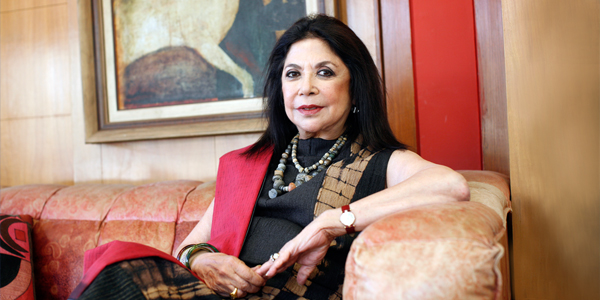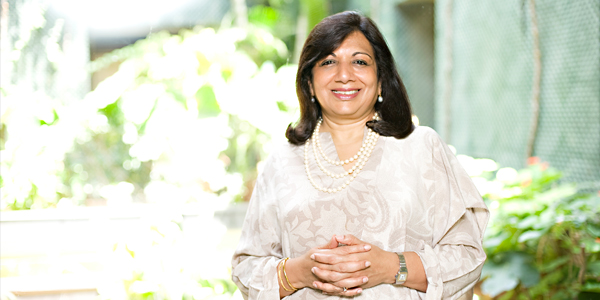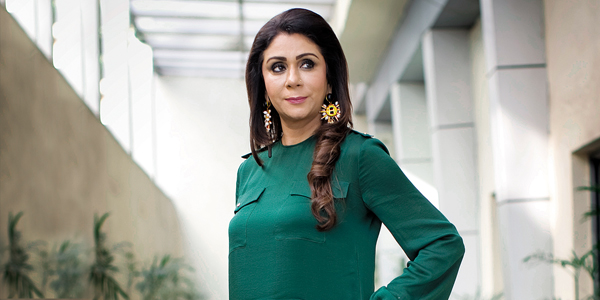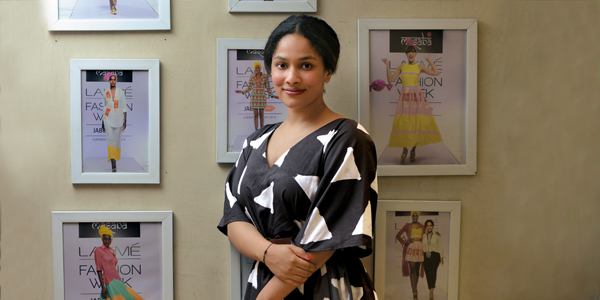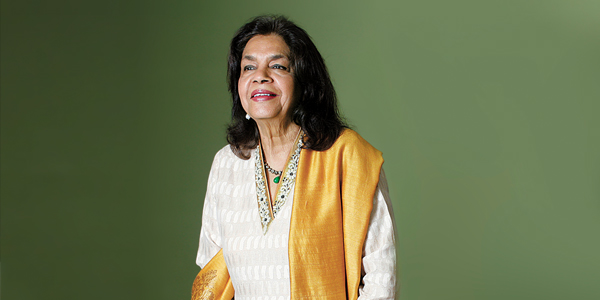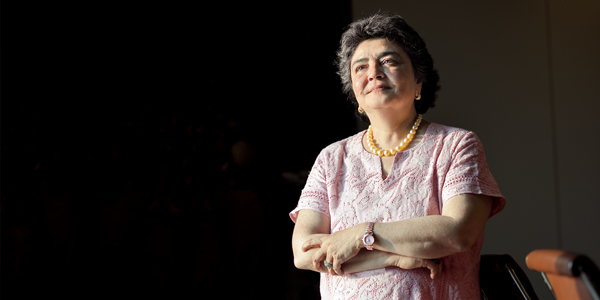What’s different about this legacy family business? It was started by the women of the family, almost 30 years ago
In the big competitive world of textiles, Sanjita Prasad has carved a niche for herself with Amaltas International — but not before winning the battle of the sexes
Sanjita Prasad, 54, always had an eye for forms and colours. During her college days in the early 80s, she would effortlessly patch up pieces of clothes and stitch them into separate frocks, kurtas or tunics and wrap them up in shiny bits of cellophane to send as gifts for her friends and family. Over the years, her eye for detail and beauty matured into a shrewd business sense, she says. And that’s what her office located in Andheri, a suburb of Mumbai, is all about. On the seventh floor of the bustling building, at the end of a passageway, the board outside her office door reads — Amaltas International — exporter and manufacturer of garments, textiles, and accessories. The space inside seems like a maze, leading to a cabin deep inside the entire structure, with several glass walls dividing the office. One almost has to hop over several cartons overflowing with bundles of clothes, rolls of thread, knick-knacks and sewing machines on the way in. The smell of new clothes stuffed in cardboard boxes hangs heavy in the air. This little zone, set up in 1991 by three feisty women — Sanjita Prasad, her sister Simi Srivastava and her mother, Indira Jaipuriyar — is still progressing successfully.
Family first
Sanjita was lucky from the beginning. Unlike other working women who face the wrath of their conservative families and relatives, she had a supportive family who welcomed her decision to start her own venture. Her father had moved his family from their hometown in the Purnia district of Bihar to Mumbai in the 70s. He had always encouraged his two daughters to have individual aspirations.
 Her mother was a firebrand herself and very progressive in her thoughts, too. “It was my mother who influenced me to think about starting my own business. Although she had a master’s degree, she gave up on her dreams of building a career in order to care for her family. And so, I always wanted to start something where I could involve my mom too,” says Prasad.
Her mother was a firebrand herself and very progressive in her thoughts, too. “It was my mother who influenced me to think about starting my own business. Although she had a master’s degree, she gave up on her dreams of building a career in order to care for her family. And so, I always wanted to start something where I could involve my mom too,” says Prasad.
After her studies, Prasad worked with several companies such as Gemini Impex and KMC International. At 27, she married banker Aloke Prasad and decided to fly to the US to pursue her masters in costumes and designs from the Fashion Institute of Technology, NYC University. After the completion of her course, Prasad came back to India and bought a printer, a fax machine and a computer to kick-start her own garments venture. She almost immediately found a customer who wanted to buy from India, and although it took her almost two years to finally manufacture for him, it got the company started. When asked how the name of the company came about, she explains, “The Amaltas is a flower that is associated with my childhood. My dad would often put us into the car and take us for a road trip. This tree showers its golden yellow flowers along the highways, decking the sides of the green-canopied roads in gold. My husband suggested this name and we all jumped on it.” With a supportive spouse by her side, things went smoothly for Prasad. “I used to work around the clock, raise my kids and do everything for my family. My husband never complained about anything,” she narrates.
Prasad says that everything was a challenge for her in the beginning. “Funds were a major problem – we were aiming for business abroad, so customers were sitting in other countries. There was no internet and telephones used to cost an arm and a leg. Plus, the time difference — we were targeting companies in the west — made things worse, so our day started at 4 am for Australia, 2 pm for Europe, 5 pm for the US east coast and 9 pm for the US west coast.”
Bumpy ride
Many a time, women entrepreneurs are not taken seriously, rues Prasad. “Women are rarely taken seriously and are often dismissed as butterflies. My sister and I consistently called, followed up and pestered clients for orders. Hence, today, we both are known as aggressive b*****s,” chuckles Prasad.
“That’s not all. We have faced worse problems and undergone severe challenges as women,” says Prasad, recalling an incident that occurred in 1990, when she and her sister were travelling around 22 countries for business meetings. “I had around 14 countries to visit. Two days before our appointment, our German buyer realised that the day we were to reach was the anniversary of the fall of the Berlin Wall. He sent a mail to our office canceling the appointment, but in that pre-cellphone age, no one was able to reach us and let us know. We landed up in Frankfurt at 11 pm and found people celebrating on the streets, with not one hotel room to be found. Finally, we did find one on the riverside – a notorious red-light area. We were unable to sleep in that shady hotel the whole night,” she narrates.
Today, if there is a single character trait that Prasad swears by for her life and success, then that is tenacity. She has had to witness several ups and downs, but she says she did not ever think of giving up. Currently, Prasad’s focus is on a ladies wear fusion brand called Ira Soleil. As for what the future holds, Prasad says that she would like to take her brand overseas. In between checking her order list and attending her client calls, Prasad says, “Of course, I think I would have definitely achieved a lot more if I was a big, fat man. But it hasn’t been that bad so far.” Her life and experience certainly prove that.
